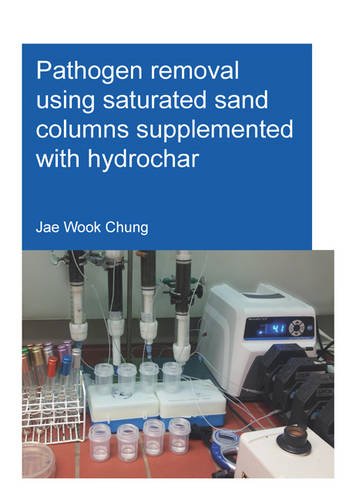

Most ebook files are in PDF format, so you can easily read them using various software such as Foxit Reader or directly on the Google Chrome browser.
Some ebook files are released by publishers in other formats such as .awz, .mobi, .epub, .fb2, etc. You may need to install specific software to read these formats on mobile/PC, such as Calibre.
Please read the tutorial at this link: https://ebookbell.com/faq
We offer FREE conversion to the popular formats you request; however, this may take some time. Therefore, right after payment, please email us, and we will try to provide the service as quickly as possible.
For some exceptional file formats or broken links (if any), please refrain from opening any disputes. Instead, email us first, and we will try to assist within a maximum of 6 hours.
EbookBell Team

0.0
0 reviewsLack of clean water is one of the most important public health challenges in less developed communities. Due to insufficient financial and technical resources in places in need, development of low-cost water treatment technologies can play a key role in sustainable water provision. In this context, this PhD research investigated the removal of pathogenic microorganisms in simple sand filtration set-ups supplemented with low-cost adsorbents (hydrochar) produced via hydrothermal carbonization of biowastes.
Two types of hydrochar, derived from hydrothermal carbonization of agricultural residue of maize and stabilized sewage sludge from wastewater treatment plant, were evaluated as adsorbents for Escherichia coli removal in saturated sand columns. The removal efficiency of sand columns amended with these adsorbents improved from 20-70% to ~90 % by alkali activation carried out in room temperatures using 1 M potassium hydroxide solution.
This PhD research also demonstrates the removal of human pathogenic viruses in sand columns supplemented with hydrochar adsorbents derived from stabilized sewage sludge and fresh swine waste. In order to enumerate human pathogenic rotavirus and adenovirus in virus removal experiments, low-cost polymerase chain reaction assays were developed under this PhD study. These assays show a competent performance in analyzing virus concentrations in both laboratory and environmental samples. Amendment with either hydrochar (without alkali activation) in sand columns was able to remove more than 99% of both viruses.